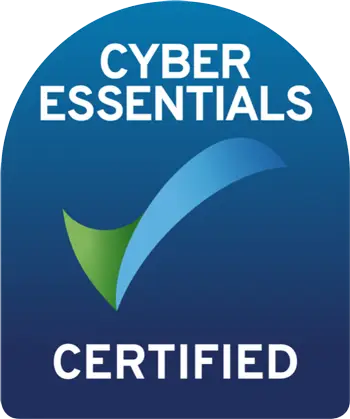The COVID-19 pandemic has forced nearly every business in the world to evaluate how they spend their resources. Every industry is asking: How can we get the most out of what we have? If you have been asking yourself this very question, it might be time to take a look at your marketing efforts.
Marketing strategies vary greatly between industries; however, no matter what business we’re talking about, they all have one thing in common—a proactive marketing strategy is the best approach and yields the highest return on investment. In this article, we analyse the difference between proactive and reactive marketing. More specifically, we’re looking at what makes proactive marketing your best resource during a crisis.
Proactive vs. Reactive Marketing: What’s the Difference?
The primary difference between proactive and reactive marketing is planning. Proactive marketing is defined by the use of analytics to determine the best direction for a marketing strategy before a plan is actually launched. Over the course of the campaign, the marketing team analyses its progress and adjusts accordingly to ensure its success.
By comparison, a reactive marketing approach is designed without prior analysis and planning, and the results of a campaign are determined at the end. This strategy creates inefficiencies in the marketing budget because time and resources are quickly wasted. When data analytics aren’t the driving force of a campaign, companies spend money that likely will not generate leads or create brand awareness.
Benefits of Proactive Marketing During a Crisis
In proactive marketing, your marketing team will:
- Evaluate the data analytics of a company’s current efforts
- Create a plan based on that data that will maximise the company’s efforts
- Monitor the effectiveness of that plan throughout the course of its lifecycle
We can’t overstate how crucial proactive marketing is during a crisis. Times like these are not stagnant. When COVID-19 began spreading throughout the world, the news was sending out new updates by the half-hour. When dealing with a crisis, marketers must consistently analyse data and update their strategy as new updates unfold. It’s through proactive marketing that we can stay ahead of the curve and stay in touch with our audiences.
The top four benefits of employing a proactive marketing approach are:
Making Efficient Use of Your Marketing Budget
Proactive marketing makes the most of your budget. Instead of creating a plan, hoping it works, and analysing the results later, you can launch a well-designed plan that changes along with the social climate. The amount of time it takes for a marketer to design and launch a plan is better spent when there is proper planning beforehand, as less time (and money) will be wasted.
Allowing You to be Flexible and Agile
As we mentioned, crises are not stagnant. COVID-19 evolved by the day, ultimately arriving at its current state—but it won’t stop there. The pandemic will continue to shift the social climate long after the coronavirus is under control. Proactive marketing allows you to stay ahead of developments and adjust your plan as changes come in waves.
Keeping Your Brand Top-of-Mind
A crisis is not an opportunity to profit from others; however, marketing must continue to keep your brand as relevant and as thoughtful as before the crisis hit. You have the chance to help your audience in a variety of ways while staying top-of-mind as the crisis continues to unfold. People want to know that you’re there for them, and they also want to know how they can continue to support your business. You can stay better connected to your audience and provide them with the information they need through a proactive approach.
Providing Your Audience with the Help They Need
Every person in your target audience has been affected by this crisis in some way. By identifying what you can offer and how you can be of the most help, you can support your customers, just as they’ve supported you over the years. A proactive marketing campaign allows your company to identify your audience’s needs before creating a plan that fills that need.
Would you like to take a more proactive approach to your company’s marketing? Schedule in a 30 minute, no-obligation consultation with a senior member of our leadership team. This is an opportunity for us to discuss your pain points and touch on a course of action that supports your business growth – Book NOW!

